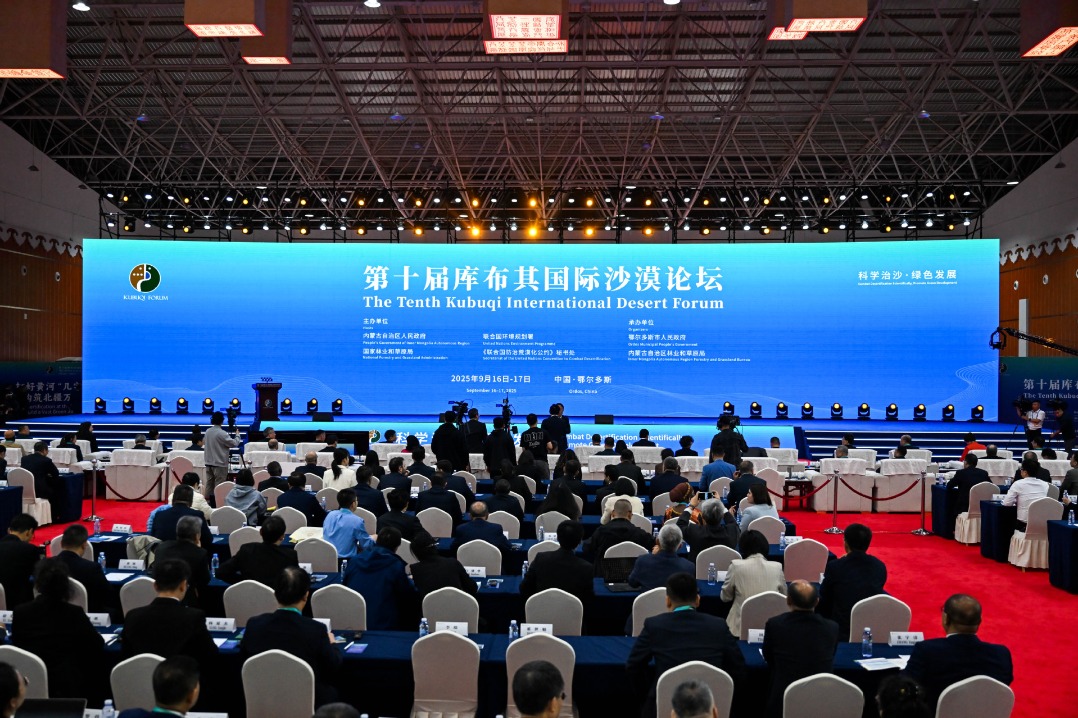Chinese scientists develop nanomaterial to improve diesel utilization

BEIJING - Chinese scientists have developed a nanomaterial to improve the burning efficiency of diesel fuel and reduce the harmful gases it generates.
Scientists from Hefei Institutes of Physical Science under the Chinese Academy of Sciences, have developed the nanomaterial using clay modified by a high energy electron beam. It can be used as a combustion catalyst for diesel fuel and can significantly improve the combustion efficiency of diesel in boilers. It reduces flying ash and gas emissions from diesel, which is favorable for the reduction of PM 2.5.
Diesel is still used for power generation or heating in some regions of China. Compared with oil, it burns incomplete due to the limited contact with oxygen, resulting in low combustion efficiency and generation of large amounts of harmful gases and particulate pollutants. There is an urgent need to develop efficient clean combustion technologies.
The nanomaterial is easy to produce and cost efficient, and can be used in heating and power generation, according to the research team.
The research was published in Applied Clay Science in June.
- Shanghai leads airport economy rankings, Macao fastest growing
- Rail freight growth bolsters China's economic recovery
- Former CPC publicity official sentenced to 14 years and fined 4m yuan for bribery
- China expands space internet satellite network
- Global wisdom to aid conservation
- China activates emergency response for flood control in Shandong, Sichuan





































